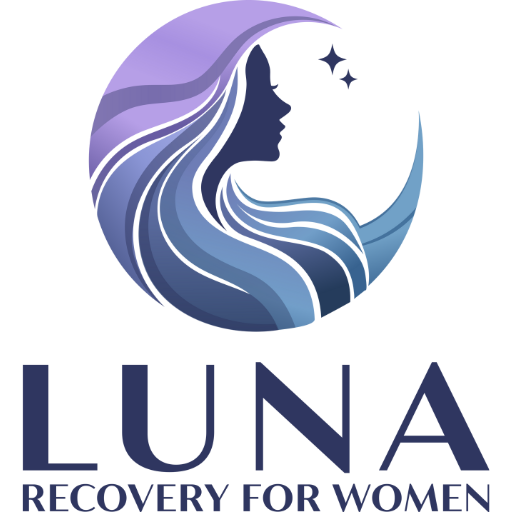Substance use can impact nearly every part of your life—physically, emotionally, and mentally. Addiction can take a toll on your physical health, strain personal relationships, and alter your perception of the world around you. One of the most serious consequences of drug abuse is the damage it can do to your brain. If you’ve misused substances such as prescription medications, heroin, cocaine, stimulants, depressants, or hallucinogens, your brain may have suffered significant harm.
The encouraging news? Your brain has the incredible ability to heal—given the right environment. When you stop using drugs and begin treatment, your brain can begin to rebalance itself. This rebalancing supports your ability to control impulses, regulate emotions, enhance memory, and rebuild healthier mental patterns. Read on to discover how to repair your brain after drug use.
The Impact of Drugs on the Brain
When addiction takes hold, it disrupts your brain’s chemistry and impairs how it functions. Initially, you might not notice anything is wrong, but over time, drug use can lead to dramatic behavioral changes as your brain adapts to the substance. Common effects include:
- Impulse Control: Addiction often triggers heightened impulsivity, leading to riskier behaviors and poor decision-making.
- Emotional Regulation: Drugs can dull your ability to process emotions. When the effects wear off, emotions may become overwhelming, causing mood swings or driving further drug use.
- Memory: Drug use can impair the hippocampus—the part of the brain responsible for memory and learning—making it difficult to remember appointments, responsibilities, or social events.
- Reward System Disruption: Drugs hijack your brain’s natural reward circuits, reinforcing the desire to use again and again.
- Cognitive Flexibility: Addiction can interfere with your ability to learn new information, adapt to change, or break harmful habits.
- Mental Health: Different substances affect your brain in different ways—depressants may slow it down, stimulants can interfere with sleep, and hallucinogens may intensify anxiety. These changes can increase the risk of co-occurring mental health conditions.
Fortunately, the brain is resilient. You can take steps to support its recovery.
How to Support Brain Recovery After Addiction

1. Detoxification
Detox is the first step in giving your brain a clean slate. Although withdrawal symptoms are common as your body adjusts to being drug-free, detox helps reset your brain’s chemical balance. Think of it as a reboot: once substances are cleared, your brain can begin the healing process and prepare for ongoing treatment, where you’ll learn how to manage cravings and live without drugs. At Luna Recovery for Women, we provide detox placement services customized to meet each person’s unique needs and ensure a safe start to recovery.
2. Cognitive-Behavioral Therapy (CBT)
CBT helps you recognize and reshape harmful thought patterns. This form of therapy not only improves behavior but also supports brain function. By engaging in CBT, you promote the development of new neural pathways—connections that shape how you think, feel, and behave. It strengthens key brain regions like:
- The amygdala, which processes fear and threat.
- The prefrontal cortex, which governs reasoning and impulse control.
Through CBT, you may notice improvements in emotional regulation, logical thinking, and overall mental clarity.
3. Mindfulness and Meditation
Practicing mindfulness and meditation enhances your brain’s connectivity and resilience. Research shows that regular meditation strengthens areas involved in self-awareness and emotional regulation. Benefits include:
- Increased gray matter, supporting better decision-making and self-control.
- Thicker hippocampus, enhancing memory and learning.
- Reduced amygdala volume, helping decrease anxiety, stress, and fear responses.
Mindfulness can also reduce relapse risk by reinforcing positive self-beliefs like “I can recover” and “I deserve a sober life.”
Can the Brain Really Heal After Drug Use?
Yes—while the brain is sensitive, it’s also remarkably adaptable. Recovery is possible through mechanisms such as:
- Neuroplasticity: This refers to the brain’s ability to reorganize itself. If some neural pathways are damaged, your brain can create new ones—similar to learning to write with your non-dominant hand after an injury.
- Cell Regeneration: Brain cells are capable of regenerating over time, gradually repairing damage caused by drug use.
- Shared Functionality: Many brain functions are distributed across different areas. Even if one region is affected, other areas can compensate—especially when supported by healthy habits and sobriety.
Strengthen Your Brain Through Addiction Recovery at Luna Recovery for Women

Drug use can disrupt your brain’s delicate systems and damage neural connections—but recovery brings hope. Your brain is built to adapt and heal. With the right treatment, support, and personal effort, you can repair damage and even improve overall brain function.
At Luna Recovery for Women, we understand the challenges of addiction because many of our team members are living proof that recovery is possible. Our compassionate, experienced staff is here to guide you every step of the way.
Ready to begin your healing journey? Give us a call, shoot us an email, or visit us 27/7 at 1270 Turnpike St, North Andover, MA 01845. We’re here to help you take that first step toward lasting recovery.


